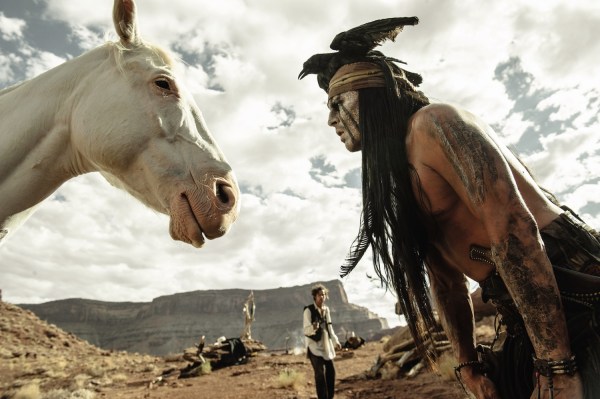It's less a question of avoidance and more a question of thoughtful participation and working with well-placed informants. Musicians like Peter Gabriel, Paul Simon, and David Byrne incorporated various elements of world music not by doing it on their own - they worked with musicians from Africa and the Middle East. Elvis attended services in African-American churches and preferred performing in segregated "coloreds-only" clubs because he liked to participate and appreciate the music with the most-involved and enthusiastic crowds.
.
Thanks for taking my points seriously and responding to them. I think you raise a lot of good examples. And when I read this I had a lot of thoughts. Hopefully I can remember them all here.
Elvis is probably the best one to start with because it is easy to see how that ties to cultural appropriation. But when he did what he did, cultural appropriation wasn't a concept (I am pretty sure it wasn't even coined till like the mid-70s or 80s---and it didn't take off until quite recently). It is great that he did what he did. But I think that was a product of his natural curiosity and a respect for black culture. I don't think you need cultural appropriation as a concept to do what he did. And lets keep in mind he often is invoked as the example of cultural appropriation. I am no Elvis Scholar, so I will let other people debate how well he conducted himself handling black music. My understanding is he did in fact try to give credit to the artists who inspired him. And what you say about him reflects what I have heard and read. But I don' think it would have improved anything if cultural appropriation had been a concept back then and he had strived to avoid it. If anything it might have resulted in him not popularizing black music. I think the real problem here isn't cultural borrowing or cultural appropriation. It is racism. If you focus on the racism, you are much more likely to defeat the problem than if you focus on something as amorphous and vague as cultural appropriation. I can think of many times where focus on racism as a problem has lead to real tangible advances in society. I am not seeing any tangible strides resulting from focusing on cultural appropriation. I am just seeing a tightening of cultural boundaries.
Peter Gabriel, Paul Simon, and David Byrne are all fairly highbrow. I would argue what they did was great if your aim is to accurately capture a musical aesthetic from another culture. But accurately capturing the aesthetic isn't the same as being morally good. I think there is something to be said for someone who just captures traces of a sound, because they have less exposure or maybe just because they don't have the deep dive mindsets of these three examples. I think there is room for people like Paul Simon but also for people who borrow an an interval they heard in Arabic music for example (without understanding that a lot of middle eastern music is built on a 24 tone system rather than a 12 tone system people in most English Speaking countries would be more familiar with). If you understand that 24 tone system you can much more accurately capture the sound of Arabic Music. But you can also emulate it using the 12 tone system. It doesn't make the latter morally worse, and it may even be more interesting sonically. Heck I didn't even realize there were possibilities beyond the 12 tone system until I was well into my twenties.
I took guitar lessons as a kid, and one of the things my teacher did was have me go to the original sources of the music. So that meant listening to a lot of the original blues and jazz musicians. But not everyone gets to take guitar lessons. And even though I took guitar lessons, I never went to Berklee or attended college for music. One of the things you see play out in these kinds of debates about music and appropriation, is people who have that Berklee level education know how to navigate the pitfalls of cultural appropriation much better than those of us who just took guitar lessons. And those had no formal musical training might have even more difficulty. Because music is complicated. And someone from Berklee has deep knowledge of music theory (which is all about emulating aesthetics). You see this for example in youtube channels about music. So again, I think some guy who grew up in poverty, doesn't have access to the resources as a kid from the suburbs, is going to have a much harder time engaging in the diligent levels of research and understanding people like Umbran are asking for. And I don't think those levels of diligence make the music all that much better to be honest. I think a lot of people just have natural talent and can communicate musically. Someone doing that level of diligence would just make for more accurate emulation. To some it might seem more wholesome and ethical. I am not sure at all that it is.
But you do have a point - a zealous guarding against cultural appropriation runs right up against cultural exchange - something that can be valuable for everyone. There's no point in jealously, zealously guarding everything, particularly when the significance or the bar for understanding the cultural element is low
And I think this is how cultural appropriation plays out when it leaves the university. You see this all the time on twitter, on other social media platforms, and whenever someone gets called out for cultural appropriation. Frankly my impression is almost never that the people doing the call out are really worried about the cultural group in question. It just looks like people are happy to have a viable target for their anger.




